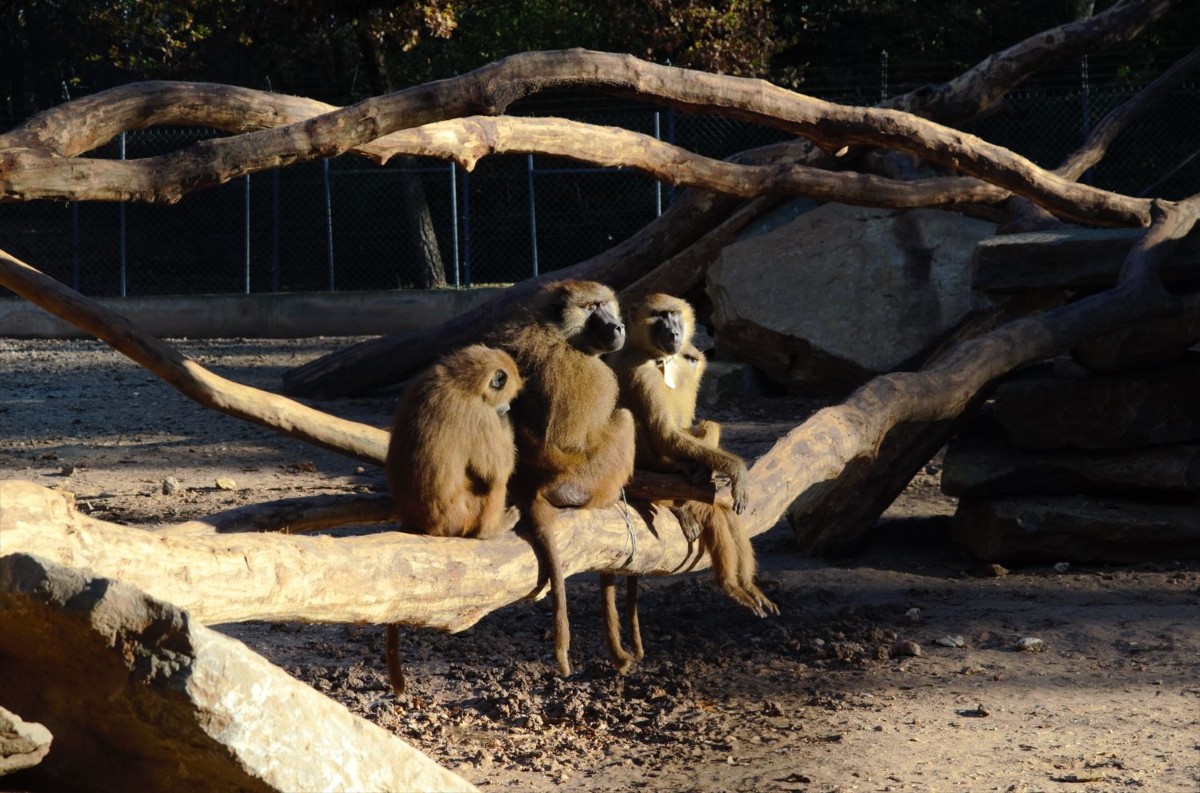
Baboons choose actions to cooperate for group benefit
- Select a language for the TTS:
- UK English Female
- UK English Male
- US English Female
- US English Male
- Australian Female
- Australian Male
- Language selected: (auto detect) - EN
Play all audios:

Lire en français Guinea baboons can choose to tweak their actions to cooperate with others, a study in _Science Advances_ shows. Researchers observed 18 baboons in a semi-natural environment
taking part, in pairs, in a cooperative task using a touchscreen system that recorded 248,616 interactions between individuals and distributed rewards. The team observed that after 95 days
of interactions, about eight baboons demonstrated flexible adaptation to change stimuli choices for a prosocial outcome when with a cooperative partner who had made a similar choice in their
previous test. When there was no partner, none of the 18 baboons changed their behaviour. The team also found that the monkeys were willing to remain prosocial even where there were no
direct benefits and were likely to drop partners who made a negative choice in their previous tests. Nicolas Claidière, the study’s co-author, from the Laboratoire de Psychologie Cognitive,
at Aix-Marseille University, tells _Nature Africa_ that in studies on social behaviour there has been no context for tight experimental control of conditions and interaction history where a
group of apes and monkeys is free to participate when and how they wish. “This is important when studying social behaviour because researchers are not imposing interactions between
individuals that are not necessarily of the right disposition to do an experiment together. This could explain why previous experiments sometimes find that chimpanzees do cooperate, while
others find the opposite result,” said Claidière.
